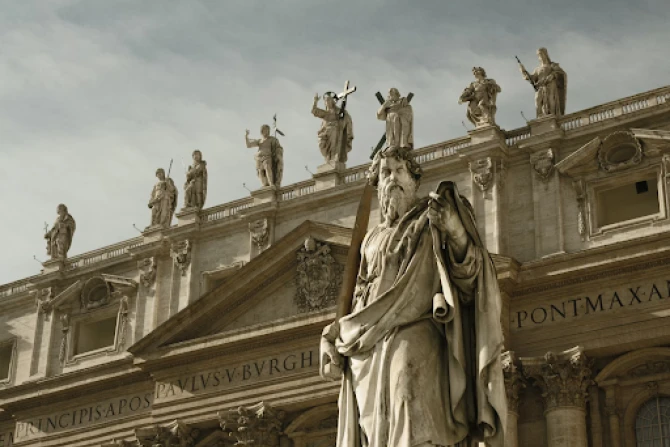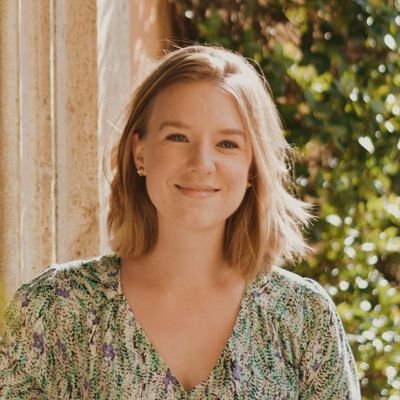
The Vatican may make “spiritual abuse” a formalized crime in Church law, rather than merely an aggravating circumstance of other crimes.
Formation of a Working Group
The Dicastery for the Doctrine of the Faith (DDF) is forming a working group with the Dicastery for Legislative Texts with “the task of analyzing this possibility and presenting concrete proposals” on the matter, according to a paper from the doctrine office dated Nov. 22 and posted online this week.
Ambiguity of "False Mysticism"
According to the note, which was signed by DDF Prefect Cardinal Víctor Manuel Fernández and approved by Pope Francis, the term "false mysticism" is an "overly broad and ambiguous expression" in need of refining in certain contexts in the Church.
The term appears in the DDF’s regulations related to “problems and behavior connected with the discipline of the faith, such as cases of pseudo-mysticism, alleged apparitions, visions, and messages attributed to supernatural origin,” the note observes.
The expression “false mysticism” is also sometimes used by canon lawyers in the context of crimes of abuse, though it is currently not a delict, or crime, according to canon law, the document said.
Use of "False Mysticism" in Church Norms
The DDF said that “false mysticism” also appears in the dicastery’s 2024 document Norms for Proceeding in the Discernment of Alleged Supernatural Phenomena, where it is specified that “the use of purported supernatural experiences or recognized mystical elements as a means of or a pretext for exerting control over people or carrying out abuses is to be considered of particular moral gravity.”
Cardinal Fernández on the Need for Clarity
At a press conference introducing the norms in May, Cardinal Fernández warned about the ambiguity of the term “false mysticism” and the need to clarify its use.
Church authorities “must be careful…false mysticism is used a lot and in a lot of different ways,” he said.
The term can have “one meaning for one theologian and another meaning for another theologian; for some canonists it has one meaning, for others it has a broader meaning,” he added.
Fernández said the Church “must explain well what the crime is, but not use the term ‘false mysticism.’”
Moving Toward Defining Spiritual Abuse
It is “possible to classify a delict of ‘spiritual abuse,’ avoiding the overly broad and ambiguous expression of ‘false mysticism’,” the letter this week says.
Leadership of the Working Group
The working group will be chaired by the prefect of the Dicastery for Legislative Texts, Italian Bishop Filippo Iannone.
This article was originally published on Catholic News Agency.
SIGN UP FOR OUR WEEKLY NEWSLETTER HERE

Hannah Brockhaus is Catholic News Agency's senior Rome correspondent. She grew up in Omaha, Nebraska, and has a degree in English from Truman State University in Missouri.








